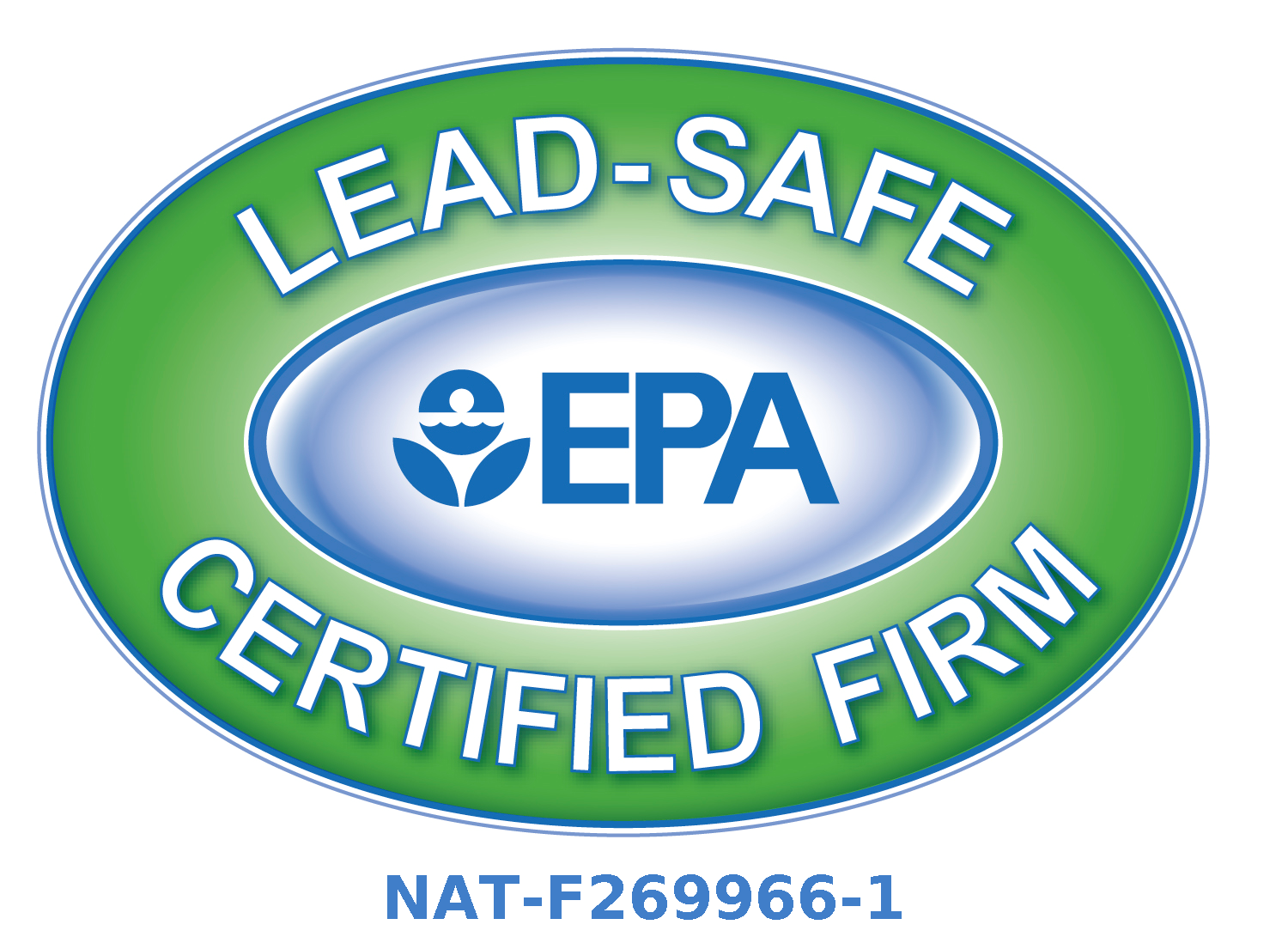Knowledge Center: Your Go-To Resource for ADUs and Tiny Living
Knowledge Center: Your Go-To Resource for ADUs and Tiny Living
Email [email protected]
Phone 860-TINY-HOM (es)

How does an ADU or tiny home affect property taxes?
As housing needs evolve, Accessory Dwelling Units (ADUs) and tiny homes have become popular solutions for boosting property value, adding living space, and creating rental opportunities. But one major question homeowners often ask is: How will this impact my property taxes?
Understanding how ADUs and tiny homes are assessed—and how they influence your tax bill—is essential before adding one to your property. This guide breaks down the key factors, tax implications, and strategies every homeowner should know.
Understanding Property Taxes and Assessments
Overview of Property Taxes
Property taxes fund essential community services such as schools, roads, and emergency response. They are based on the assessed value of your property, which local tax authorities determine using standardized criteria.
How the Assessment Process Works
Assessors evaluate your property’s value by analyzing:
Location
Size of structures
Condition and quality
Market trends
When you add an ADU or tiny home, the assessor typically updates your property’s valuation—which may increase your tax bill depending on the new value added.

How ADUs Affect Property Taxes
Added Value = Higher Assessment
Building an ADU generally increases your total property value. Assessors consider:
Square footage
Build quality
Type of ADU (attached, detached, converted space)
Local market demand
How the Tax Increase Is Calculated
Your tax bill is determined by applying your local tax rate to the new combined value of:
Your primary home
Your ADU
This often results in a higher tax bill, but the increase varies significantly by location.
How Tiny Homes Impact Property Taxes
Assessing Tiny Homes
Tiny homes are assessed differently depending on whether they are:
Permanent structures attached to the land
Movable units (THOWs — Tiny Homes on Wheels)
Permanent tiny homes typically increase property taxes similarly to an ADU. Movable units may be treated as personal property, which can reduce or eliminate property tax impact.
Potential Tax Changes
Adding a tiny home can:
Increase assessed value
Trigger a reassessment of your entire property
Lead to minimal tax changes if classified as personal property
Factors That Influence Property Tax Changes
1. Local Tax Regulations
Every city and county treats ADUs and tiny homes differently. Some areas offer reduced tax adjustments to encourage affordable housing, while others assess the structures like any standard addition.
2. Property Value Appreciation
Any improvement that increases market value—especially livable square footage—can raise your taxes over time.
3. Structure Type & Use
Detached ADUs often have a larger tax impact
Rental use can change your property classification
Movable tiny homes may fall under different tax rules
Tax Considerations: ADUs vs. Tiny Homes
ADUs
Typically treated as permanent additions
Almost always increase assessed value
May qualify for exemptions depending on local laws
Tiny Homes
Tax impact depends on mobility and foundation type
May be taxed as personal property instead of real estate
Less predictable and varies widely by jurisdiction
Strategies to Manage Property Tax Increases
Homeowners can often reduce or manage tax impact by:
✔ Exploring local exemptions
Some municipalities offer:
Affordable housing incentives
Tax freezes
Lower assessments for ADUs used by family members
✔ Keeping accurate documentation
Provide clear details on:
Construction cost
Use of the structure
Materials and labor
This helps ensure the assessment reflects fair market value.
✔ Consulting tax professionals
Tax advisors or local assessors can clarify how your area handles ADUs, tiny homes, and rental classifications.
Conclusion: Making Smart Decisions About ADUs, Tiny Homes, and Taxes
Adding an ADU or tiny home can enhance your property’s value, flexibility, and income potential—but it may also impact your property taxes. The extent of that impact depends on factors such as structure type, local regulations, and how the space is used.
By understanding these tax implications and planning accordingly, homeowners can make informed decisions that support their financial goals and long-term property strategy.
FAQs
Do ADUs and tiny homes always increase property taxes?
Not always, but typically yes. Tax impact depends on local rules and how the structure is assessed. Some areas offer incentives that minimize increases.
How are ADUs and tiny homes assessed?
Assessments consider size, build quality, and whether the unit is permanent. ADUs usually raise real estate value; movable tiny homes may be taxed differently.
Are tax incentives available?
Many cities offer ADU tax relief to encourage affordable housing. Incentives vary by location, so checking with your assessor is essential.
Does renting an ADU affect taxes?
Yes. Rental income is taxable, and your property may receive a different classification, which can increase property taxes.

Copyright 2026. All rights reserved. Norwalk, CT
Connecticut's New Home Construction Contractor License: #NHC.0017654
EPA Lead-Safe Certified NAT-F269966-1



